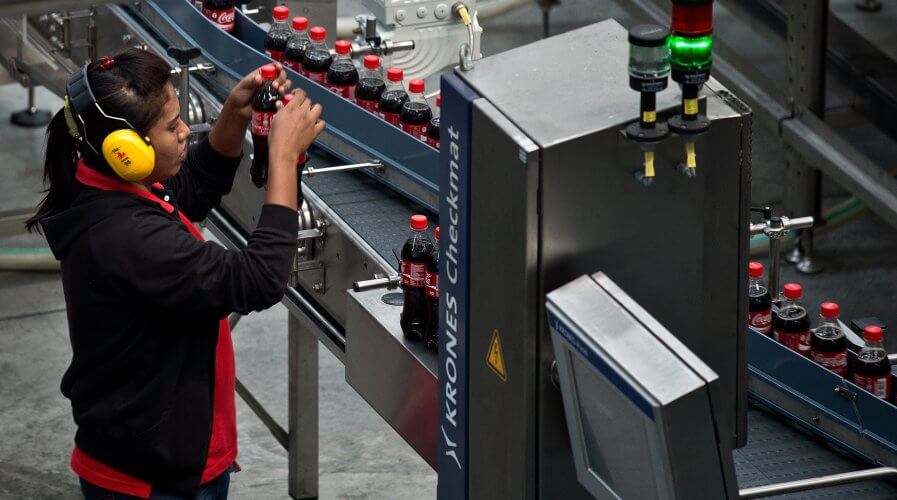
Published by Malay Mail, Business Today, The Star, The Star, Digital News Asia, Biztech.asia, Focus Malaysia & Bernama, quoted in The Edge Markets & @Halal, image from Tech Wire Asia.
MDEC’s aspiration is to firmly establish Malaysia as the Heart of Digital Asean, a regional digital powerhouse launching global champions to lead the Fourth Industrial Revolution (4IR), ensuring the digital economy will drive shared prosperity for all Malaysians by accelerating our digital economy growth, ensuring it is inclusive and rewarding for all, focused on the key drivers: empowering Malaysians with Digital Skills, enabling Digitally-Powered Businesses, and driving Digital Sector Investments.
At the cusp of the 4IR, Malaysia is blessed with the chance of re-engineering the human experiment using technologies that decentralise authority and de-emphasize divisions along the lines of color, creed and country — what the Japanese have coined as “Society 5.0” — and we have adapted as “Malaysia 5.0.
The term describes the next stage of the evolution of societal communities. The quest for Society 5.0 is built around the needs of a human-centered society. MDEC envisions playing a leading role in catalyzing this transition to Malaysia 5.0 as a new narrative for introducing emerging technologies which are essential tools in the new Malaysia 5.0 digital economy.
With Malaysia 5.0 it can contribute to a more sustainable and circular economy, where greater well-being is possible for all citizens regardless of age, ethnicity, and class.
Malaysia has over 1 million SME’s making up 98 per cent of total businesses, and the majority are micro-SME’s with 21 per cent owned by women. SME’s face challenges like lack of business connections, limited awareness of tools, access to funding, education, lack of internet presence in a world going full digital.
Of all these businesses, only a third of them actually have employees. Micro-SME’s are mostly “self-employed’ individuals operating a very small unincorporated business which may or may not be the owner’s principal source of income.
SMEs are key to strengthening productivity, delivering more inclusive growth, and adapting to the major transformations of our time. They are very heterogeneous in their characteristics and performance, whose productivity performance varies across firms.
The persistent gap between SME’s and large firms affects growth potential and income distribution, so that effective measures enabling SMEs to scale up and innovate can have a considerable economic and social impact, participate in the global economy, innovate & grow.
One particular industry where Malaysian SME’s could become a world pioneer in is Islamic fintech. Already a world leader in Islamic finance, Malaysia is in a strong position to harness Islamic fintech opportunities.
According to figures from the International Monetary Fund (IMF), Islamic bank loan growth expanded by 8.9 per cent year-on-year in 2018, compared to only 2.5 per cent for conventional banks, highlighting rising demand around the world for Shariah-compliant financial services. Islamic finance is now entrenched in Malaysia, accounting for 32 per cent of financing to customers.
Yet, according to the IMF, Islamic fintech is still in its infancy in Malaysia with just a handful of startups and SME’s and a much less developed sector in comparison to countries such as Indonesia.
In Malaysia, the growth of Islamic fintech can impact development in rural areas among ethnic Malays, offering this back-bone community a unique financial-inclusion opportunity to catch up and increase contribution to our National development.
Dr. Rais Hussin is President & CEO of EMIR Research, an independent think tank focused on strategic policy recommendations based on rigorous research.

